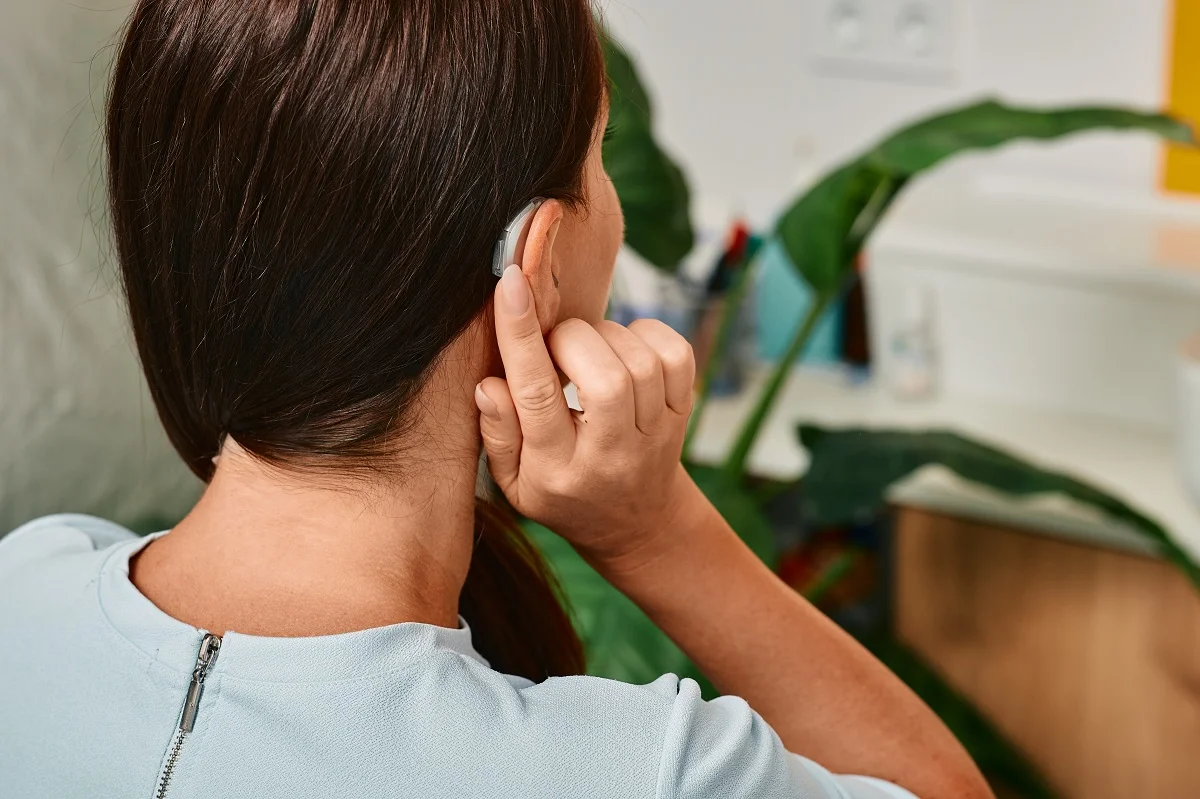
Advancements in the treatment of hearing health have come a long way, but that cannot mean much if misconceptions are not corrected. Misconceptions delay and prevent people from seeking proper care, perpetuating themselves and the potential danger that hearing loss poses to everyone. Take a minute to familiarize yourself with the truth about some of the misconceptions that you are likely to believe and may not even realize and you may be saving yourself years of trouble and worry.
FICTION: Hearing loss is not very common
FACT: Hearing loss is indeed a natural part of aging. The ears decay the same as everything else and this impacts hearing. But hearing loss affects far more people than many people likely assume. Less than one out of every 1,000 babies is born with congenital hearing loss. But more than half of people over 75 suffer from it. It increases steadily with age, affecting an estimated 15-20% of the total population of the United States over the age of 18.
FICTION: Hearing loss is a normal part of aging, so it can’t be that serious
FACT: Hearing loss is not just something like gray hair or wrinkles. Left untreated it can spiral quickly into all kinds of dangerous and even life-threatening consequences to every aspect of our lives. It is dangerous to have any compromise in one’s ability to orient one’s self. Just think of navigating traffic as either a driver or pedestrian. Think of not hearing sirens or alarms. We also depend on our hearing to maintain our sense of balance. Vertigo is tremendously dangerous and the cause of all kinds of unnecessary accidents. And this is not even addressing the impact that hearing loss has on our quality of life. It ruins relationships by compromising our abilities to communicate simply. This leads to depression, disorientation, and even cognitive decline.
FICTION: I Don’t Have a Hearing Problem. People Mumble and Movies Nowadays Have Poor Sound
FACT: People are always slow to recognize the signs of their hearing loss. This makes sense because of course we experience the world through our senses, so how could we know one day to the next, little by little, if any one of our senses is declining in its clarity? People are not mumbling more than ever before and the sound on TV is not up to the standards it used to be. That is the result of the limitations of your abilities to understand and interpret sound.
FICTION: I’ll Wait to Get a Hearing Test Until I Notice a Problem
FACT: Hearing loss comes on so slowly, you will not notice it happening. Maintaining hearing health requires an active role on your part. An objective hearing exam performed by a trained specialist is the best way to know exactly where your hearing health stands and the sooner you address it, the better shape you are in to minimize its impacts on your life.
FICTION: Sign Language is The Only Way to Communicate with Someone with a Hearing Loss
FACT: Most people with hearing problems have had them come on so gradually that it never occurred to them that even had any trouble communicating. So, few people who live with hearing loss use sign language to communicate. More commonly people read lips and use assistive devices. The most common treatment for hearing loss is the use of hearing aids, which can be connected by Bluetooth to smartphones and other lifestyle devices.
FICTION: Everyone with Hearing Loss Uses a Hearing Aid
FACT: People are so slow to admit to themselves that they have a problem with their hearing that people who do use hearing aids wait an average of seven years between considering doing so and actually doing so. Furthermore, only about 20% of people with hearing loss use hearing aids. They are an extremely effective option, but they are not the only solution.
FICTION: Hearing Aids Can Repair Your Hearing
FACT: The cold, hard truth is that hearing loss is irreversible. In some rare cases in which the hearing loss is caused by some physical malformation surgery might make a difference, but not hearing aids or anything else can repair your hearing. Hearing aids amplify specific frequencies that help improve the clarity with which you receive the signal but they do not repair your hearing itself.
Take these facts and put them into action today. The longer you delay, the greater your risks, physically, emotionally, and psychologically. Make an appointment with our team today!
